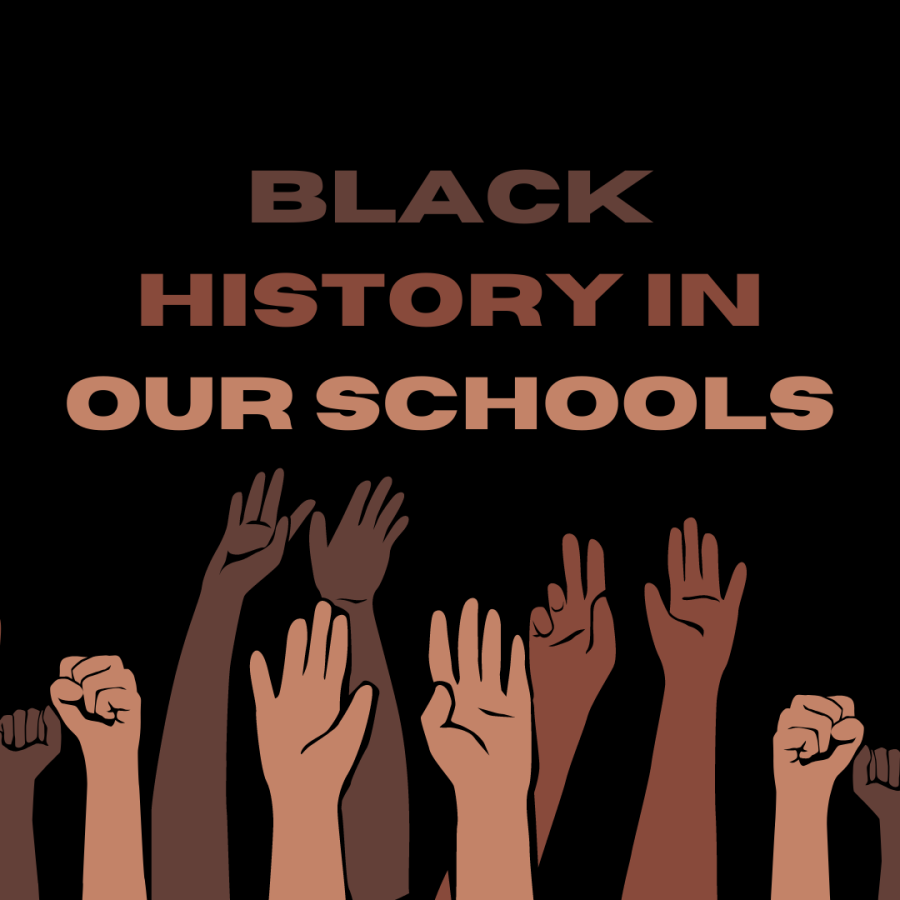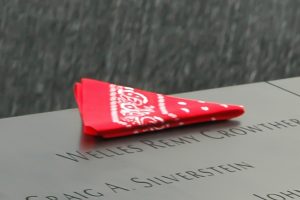AP African American Studies Causes Contreversy
February 17, 2023
Last fall, College Board announced two new AP courses coming to schools in 2024. One of them, AP African American Studies, is already hitting roadblocks.
College Board describes AP African American Studies as an interdisciplinary course that “reaches into a variety of fields—literature, the arts and humanities, political science, geography, and science—to explore the vital contributions and experiences of African Americans.” Floridan Governor Ron DeSantis describes it as “indoctrination that runs afoul of our standards.”
The state of Florida rejected the AP course in September. More recently, DeSantis spoke adamantly against it in a press conference. He criticized the inclusion of various topics, including queer theory, intersectionality, and the Black Lives Matter movement, in the course framework. DeSantis also implied that other states dislike the course, but only Florida “had the backbone” to stand up against its curriculum.
According to NPR, Florida’s Commissioner of Education, Manny Diaz Jr., went so far as to call the course “woke indoctrination masquerading as education.” However, the administration doesn’t represent the entire state; over 200 African American history teachers signed a letter in favor of the AP curriculum.
In wake of the criticism, College Board released an “official” course outline on February 1st. Initial units about intersectionality and activism, black feminism, and black queer studies are no longer present. When the changes unleashed further backlash, College Board made a statement about the situation.
“We deeply regret not immediately denouncing the Florida Department of Education’s slander, magnified by the DeSantis administration’s subsequent comments, that African American Studies ‘lacks educational value.’ Our failure to raise our voice betrayed Black scholars everywhere and those who have long toiled to build this remarkable field,” says the corporation.
Later in their statement, College Board insists the changes are “a significant improvement, rather than watering down.” Now, three weeks of class time are dedicated to a research project. The project, which can be about any topic, makes up 20% of the final exam’s score.
Other educators and academics don’t see the changes as an improvement. The National Black Justice Coalition even wants College Board’s CEO David Coleman to step down from his position. “The distortions of fact-based truths and suppression of how beautifully diverse Black people have built this country for free should infuriate everyone who purports to care about democracy,” explains the organization’s executive director David J. Johns to The Hill.
As a student, the changes College Board instated filled me with disappointment and anger. Florida’s administration chooses fear over education. Historically, black people have had an immense impact on the culture of the United States. And we as a country need to acknowledge those parts of our past, even if they aren’t always easy to face.
I spoke with junior Liam Major-Moze from Black Student Union about the importance of African American history in our schools. Here’s what he had to say:
“In my opinion, the banning of a course not only teaching black history but also the horrific history of this country should be viewed and called out for exactly what it is: black erasure and the silent bell of supremacy yet again pushing black Americans down. I just read a TIME article, and in it, the FDOE (Florida Department of Education) questioned whether or not the course ‘promotes Black Panther thinking’ as well as other vague, uninformed questions. Treating this erasure as a callous disregard from ignorant and regressive people and nothing more would be an irresponsible and fatal lack of judgment and thinking. AP African American Studies is an opportunity to finally not only help young black Americans learn about their history and roots after it has been ruthlessly cut off, but to further help them understand and educate others about the pain and suffering we have endured. No one should have the knowledge of their history erased and blocked.”
US schools already reduce Asian American emphasis from their lesson plans. They delete Indigenous people’s stories from our textbooks. They exclude queer narratives from their discussions. AP African American Studies could have been a turning point in our social studies curriculum, but censorship prevents that change. History is more complex and intricate than a group of white men drafting documents in powdered wigs. History is intersectional. Why aren’t we teaching it as such?
Education should not be politically influenced–on that, we can all agree. But black history isn’t political indoctrination; it’s real life for millions of Americans. African Americans spent lifetimes fighting for their right to an equal education. Now, they need to fight for inclusion in their education itself. Their past, present, and future deserve a spot in our schools.
As of now, it’s unknown if College Board will make further changes to the curriculum. But DeSantis isn’t letting up–the Tampa Bay Times reports that he’s hinting about the removal of AP courses in Florida altogether. Political censorship should not influence the quality of our education. People of color deserve to take their rightful place in our history books. AP African American History should be a fair and educational opportunity for all students to use as they wish.







